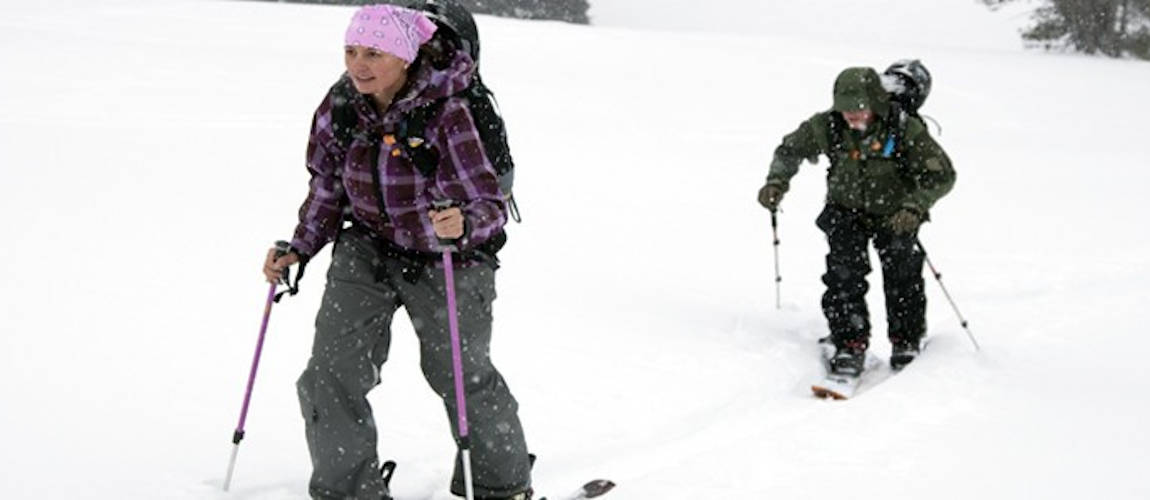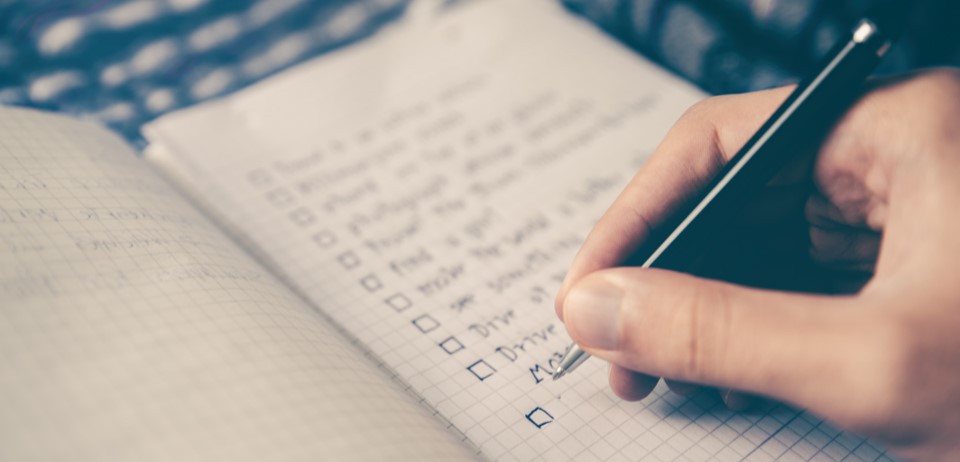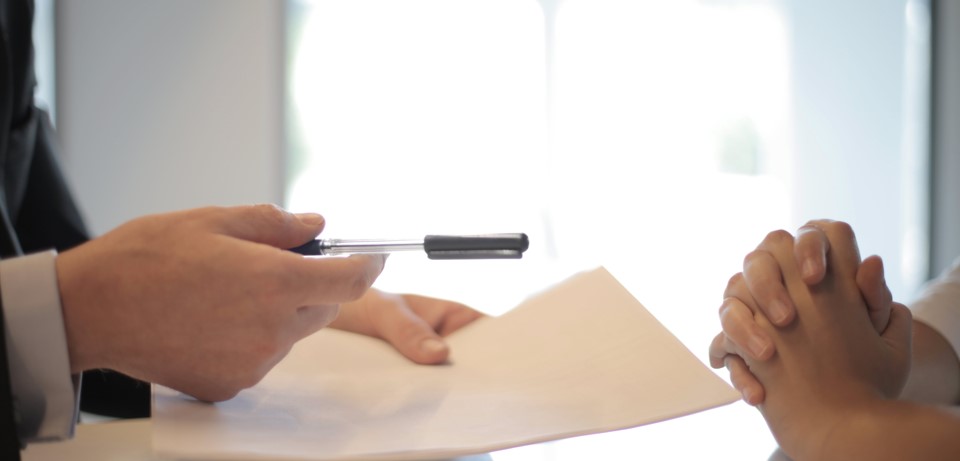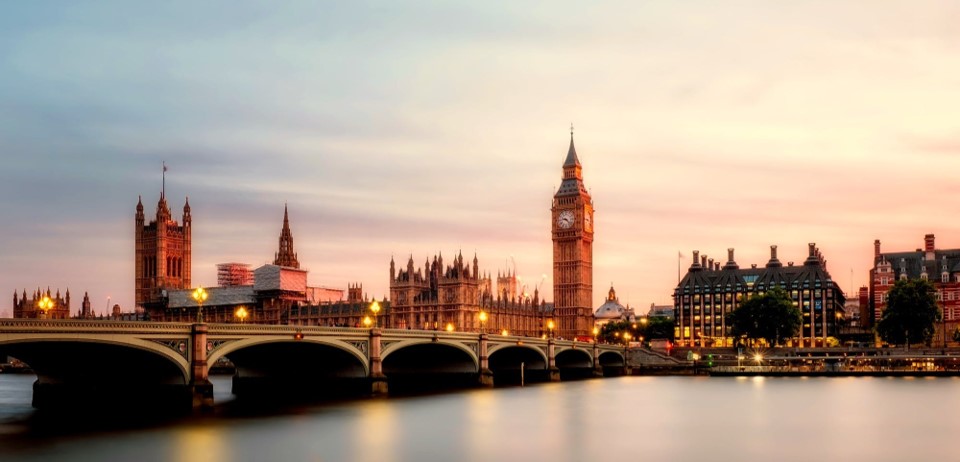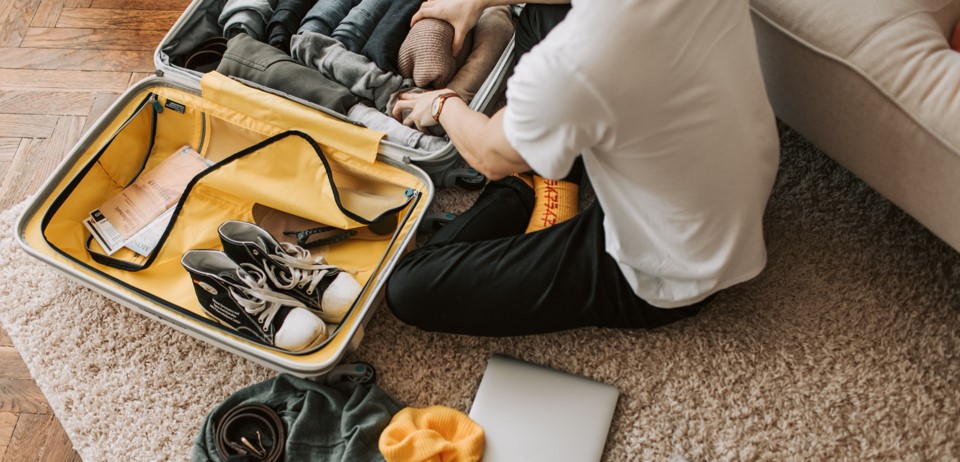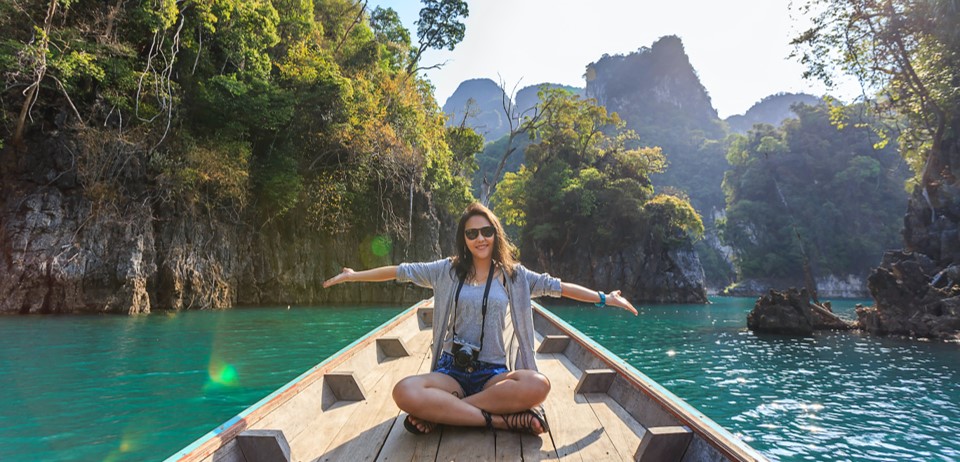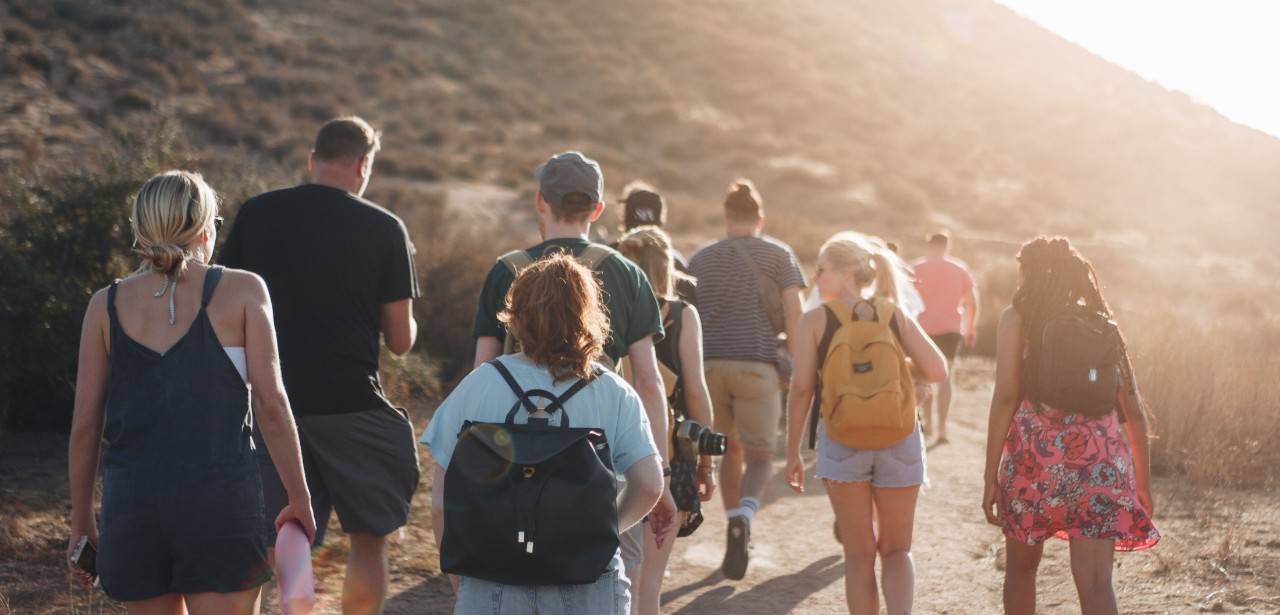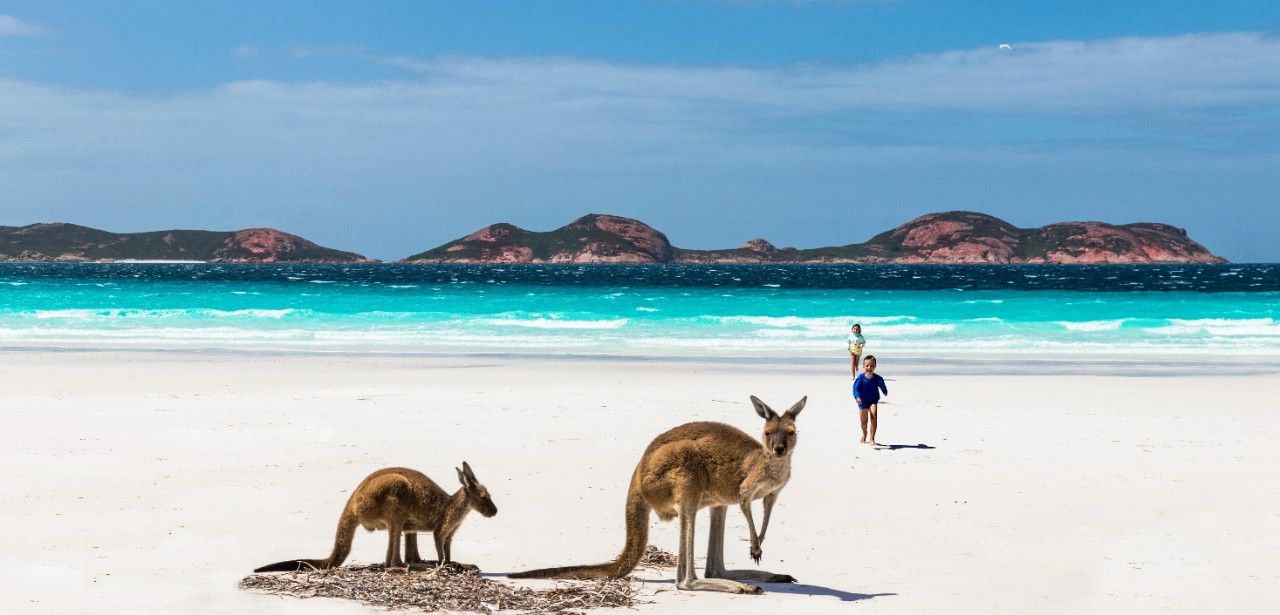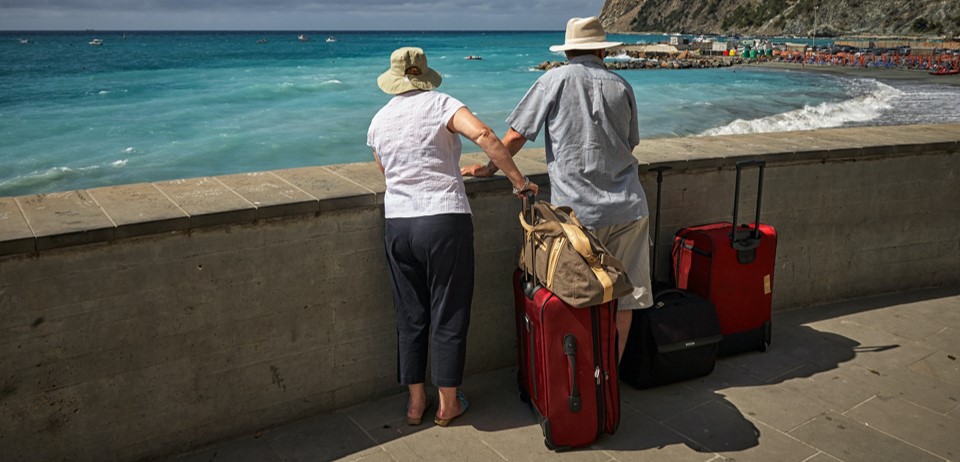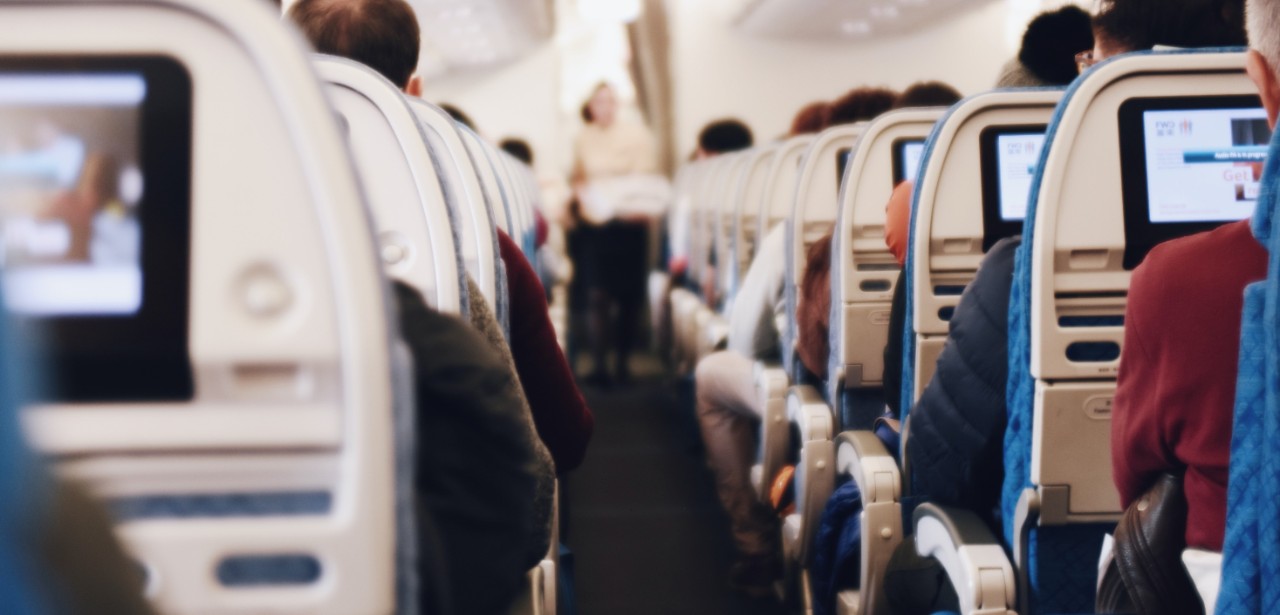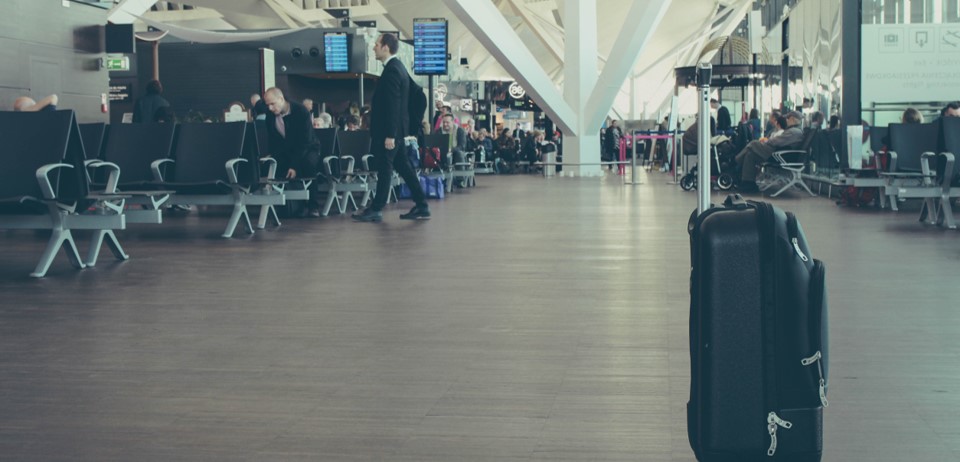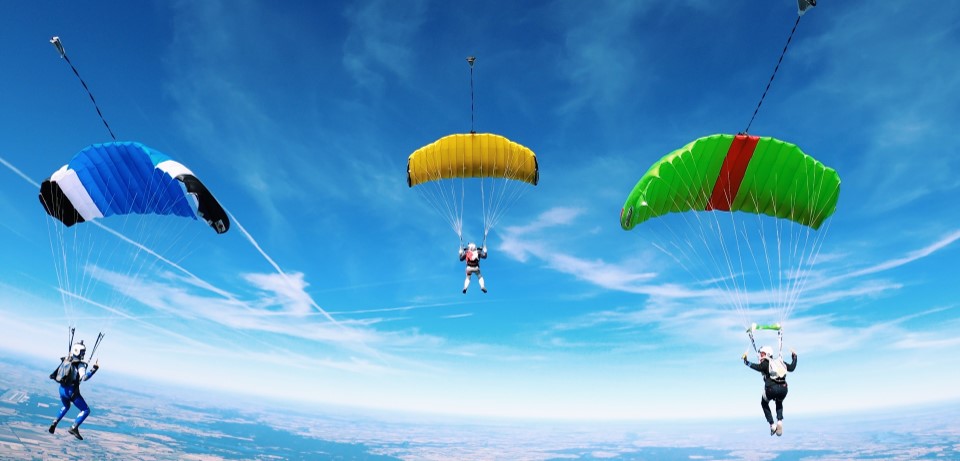For some holidaymakers, winter sports are the most exciting part of their trip. Some of the popular activities are skiing downhill, or cross country, or off-trail; snowboarding, free riding, skating on the ice, bobsledding, snow mountain surfing, snow biking and many more.
The snow on the mountain and the sun make a breathtaking experience in a vacation however there are risks involved. Almost each year, hundreds and hundreds of people met accidents and injuries along the way. Skiing is a heavy physical sport and may require you to be physically fit and prepare before doing the activities.
Moreover, winter sports, together with the cold weather, high altitude and the sun can really be exhausting especially if the body did not prepare for such activities. In conclusion, it is really essential to be ready for the winter holiday in terms of most aspects (risks you might be facing) to ensure that you will have a smooth journey.
Who can engage in such activities?
Such physical exertion can be done by children, teens, and adults. Nevertheless, for people with pre-existing conditions like cardiovascular diseases, respiratory problems, & join issues, they may have limit on enjoying the winter entertainment. Make sure to consult your doctor or seek medical opinion before engaging any heavy activity.
Children below one year old are not advised to bring in high altitudes above 1,200 meters from the ground. Nonetheless the infant won’t enjoy the fun activities there since it is still a baby. Always be cautious with regards to using chairlifts up to the mountain, especially if you are with children. Help them adjust the high-altitude environment.
Winter Tips
- Going to a ski trip requires a bit of preparation. Make sure that you have joined any regular fitness programs such as jogging, walking, cycling, roller skates, climbing and many others many weeks before the travel. Also check your ski equipment if they fit to the skiing level or you need to buy new ones.
- Knee and wrist-related risks is frequent to downhill skiing and snowboarding. To avoid such accidents, always wear the proper protection. For small children, wearing a helmet is obligatory since they are more vulnerable and usually hit their heads in case of accident. This reduces lesions by 50%.
- Dress appropriately. Choose warm and water-proof ski clothes and footwear. If possible, use goggles to avoid any strong sunlight reflected from the snow. Always remember to check the weather report so you will know if you need additional clothing for your children.
- Apply sunscreen regularly while on the trip. The UV rays are highly strong in great altitudes which can possibly burn the eyes. It is also recommended to use a high-standard sunglasses that has the option to reduce the intensity of the light and has a capability to filter the rays.
- As long as your holiday trip starts, minimize strenuous activities for the first 2 days. This is to prepare your body to adjust or acclimate to the high peak areas. If it is your first time to ski, take the easy slopes first. Moreover, have regular breaks.
- To warm up your body, do some exercises such as stretches, leg lifts, jogging, and knee bend. It will make your muscles prevent unnecessary shock from accidents which can cause injury.
- In case of a serious crash, immediately follow the basics of giving a first aid treatment such as protect, alert, and assist. Make sure to cover the victim with clothing to protect him/her from cold then seek for help right away.
Diet Tips
- Eat the right kind of food that is fitted to the physical activity you will be engaging. Get a heavy breakfast with enough calories, meals that are rich in carbohydrates such as pasta & rice. During lunch, take a low-carb diet such as snacks such as dried fruits, and other low-calorie trail or cereal bars.
- Try to minimize taking alcoholic drinks as it lessens your alertness level & delays down your reflexes.
- When you are with your children, prepare a light snack meal for mid-morning and mid-afternoon for them to eat. Snacks may include sweet tortilla, doughnuts, tarts, bread sticks, peanut butter bars and many more.
- Take note you should drink liquids regularly while on the track. This is to avoid being dehydrated due to the physical exercise and the cold environment.
Skiing Tips
- Sliding off the steep slopes of the mountains is very hazardous and as much as possible not recommended for first timers. Nevertheless, it is advised to go with a buddy; take a guide or a ski mentor with you. Almost each year, a lot of people get hurt or even die in accidents from avalanches.
- Before skiing, research about the area where you going to slide. Check the length and width of the slope, steepness and the trend of the run so that you will have an idea about the possibility of crisis in the area.
- When using equipment, take note that it is embedded with an emergency rescue system such as reflectors, airbags, and radio emitters/receivers.
- Keep an appropriate distance away from other skiers to avoid collision.
If you are having a health problem during the trip, don’t hesitate to consult to a doctor immediately. This is one way to take advantage of the travel insurance that you have purchased. Usually, your assistance company will recommend you the regulating physician available to discuss any issues about you and your children’s health.
All travel insurance policy is subject to terms and conditions, and general exclusions set out in the Policy Wording.

